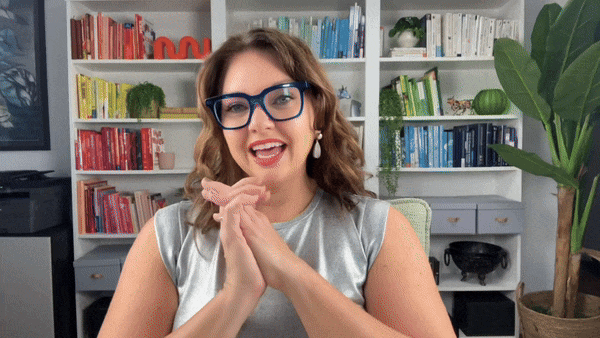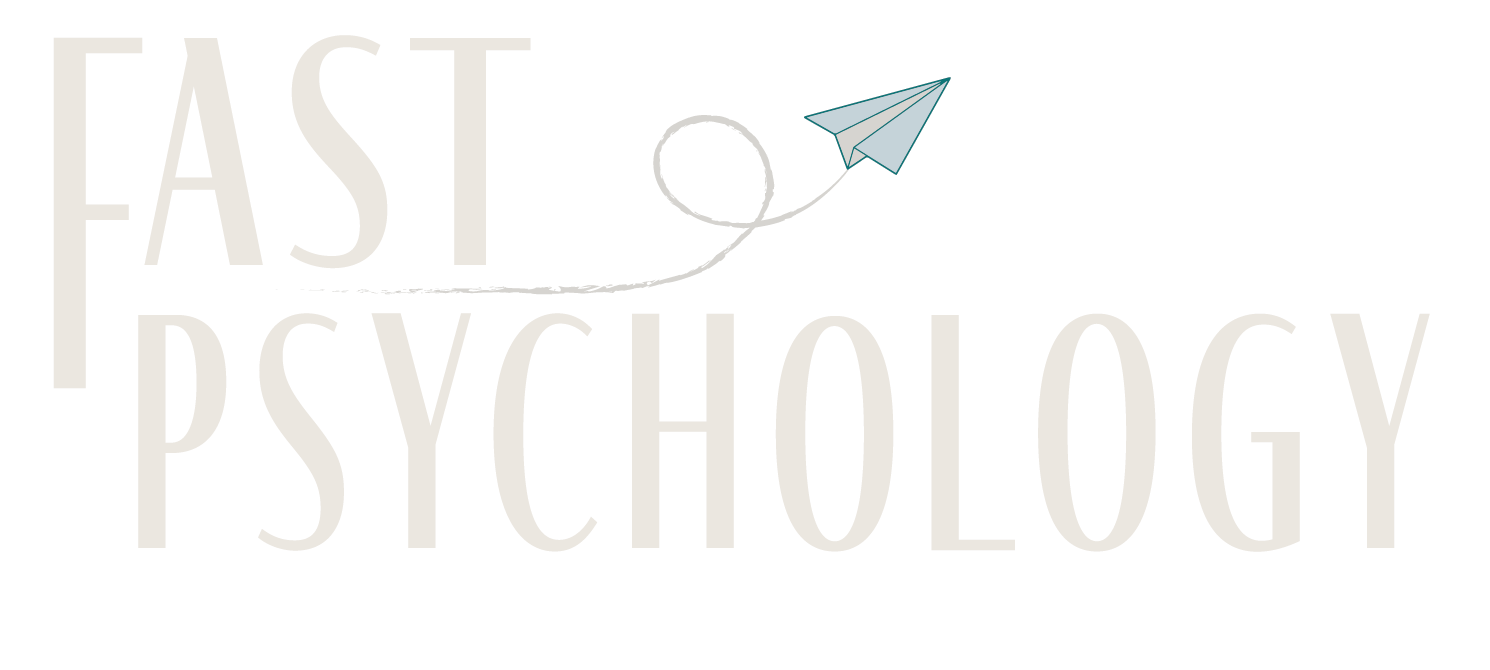5 Things I Never Say To My Kids:
Insights from an Expert in Human Behaviour
As a therapist deeply immersed in the intricacies of human behavior and emotional well-being, I navigate the challenging waters of parenting with a slightly different compass. My profession doesn’t make me a perfect parent, but it does shed light on the profound impact words can have on developing minds. Here are five things I consciously choose never to say to my kids, and the reasons why might surprise you.
1. “Stop crying, it’s not a big deal.”
Emotions are the language of the soul, and when we tell our children to stop crying, we’re inadvertently teaching them to suppress their feelings. Instead, I strive to validate their emotions, showing them it’s okay to feel whatever they’re feeling. “It seems like you’re really upset about this, and that’s okay. Do you want to talk about it?” This approach opens a channel for healthy emotional expression and teaches them emotional intelligence.
2. “You’re the smartest kid ever!”
While positive reinforcement is vital, overgeneralizing praise can be counterproductive. Telling my kids they’re the “smartest” or “the best” without acknowledging their effort can lead them to develop a fixed mindset. I focus on praising their effort, strategies, and perseverance instead. “I saw how hard you worked on that project, and I’m so proud of the dedication you showed!” This encourages a growth mindset, where challenges are opportunities, not threats.
3. “Because I said so.”
This classic parental fallback dismisses a child’s growing curiosity and reasoning abilities. As a psychologist, I understand the importance of nurturing critical thinking and negotiation skills. So, when faced with the inevitable “why?” I take a deep breath and explain the reasoning behind my decision. It turns a moment of potential conflict into a learning opportunity and respects their developing intellect.
4. “Let me do it for you.”
It’s often tempting to jump in and solve problems for our kids to shield them from frustration or failure. However, struggle and failure are invaluable for learning resilience and resourcefulness. Unless it’s something they genuinely cannot do due to age or development constraints, I encourage my kids to try, fail, and try again. “Give it another go, I believe in you. I’m here if you need help figuring it out.”
5. “Why can’t you be more like your sibling/friend?”
Comparison is the thief of joy, particularly among siblings or friends. Each child is unique, with their own strengths and weaknesses. Drawing comparisons only fosters resentment and low self-esteem. I celebrate each of my children’s achievements and challenges individually, fostering an environment where they can appreciate their own and others’ uniqueness. “I love watching you grow into your own person, with your unique talents and ways of seeing the world.”
Parenting through the lens of psychology doesn’t make the journey flawless, but it does provide a perspective that helps me nurture my children’s emotional and intellectual growth. It’s about guiding them through the complexity of emotions, teaching them resilience, and celebrating their individuality. After all, the goal isn’t to raise perfect kids but to equip them with the tools they need to navigate the world, embracing both their strengths and vulnerabilities.



 to your inbox. (Unsub anytime in a click.) You also agree to my
to your inbox. (Unsub anytime in a click.) You also agree to my 